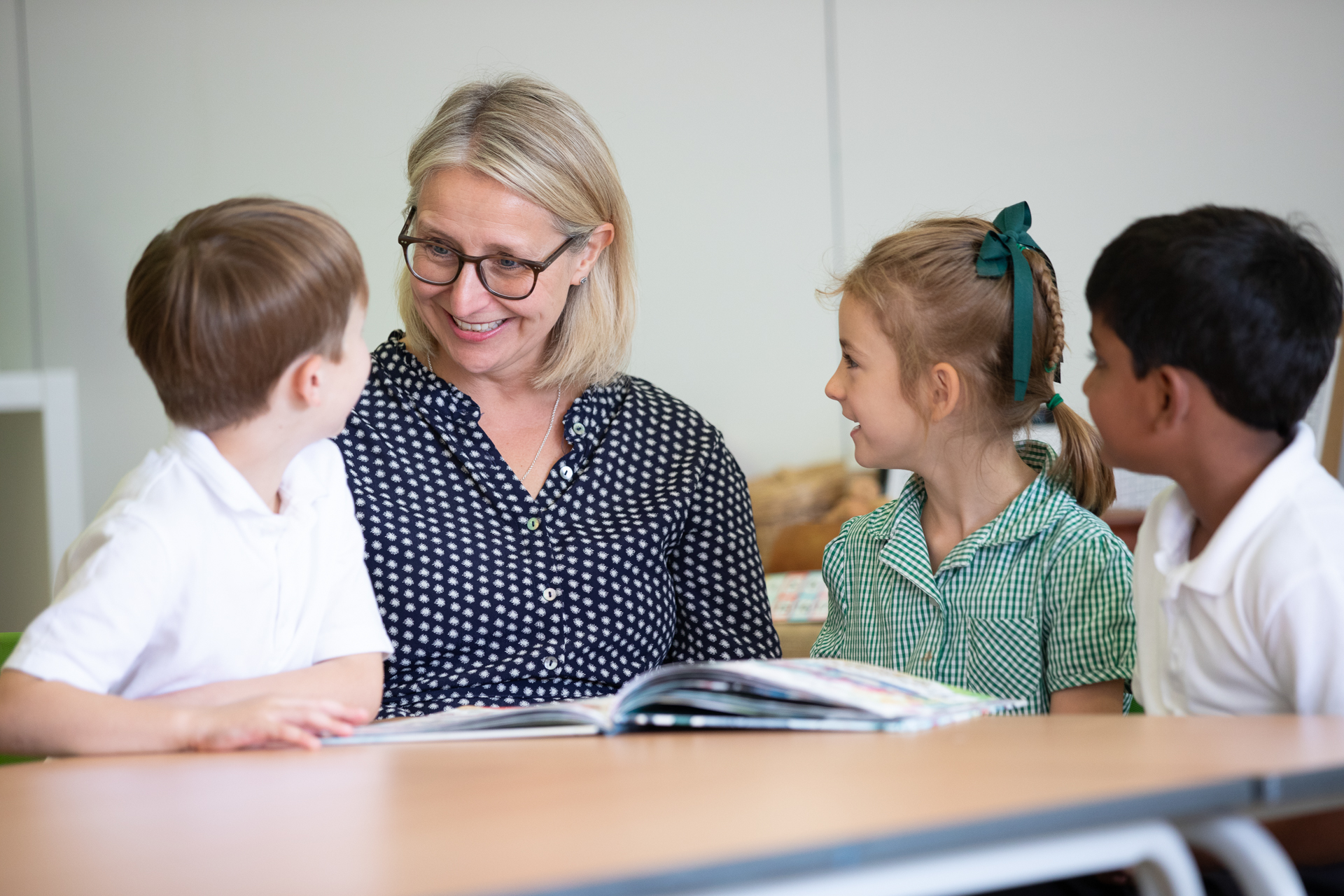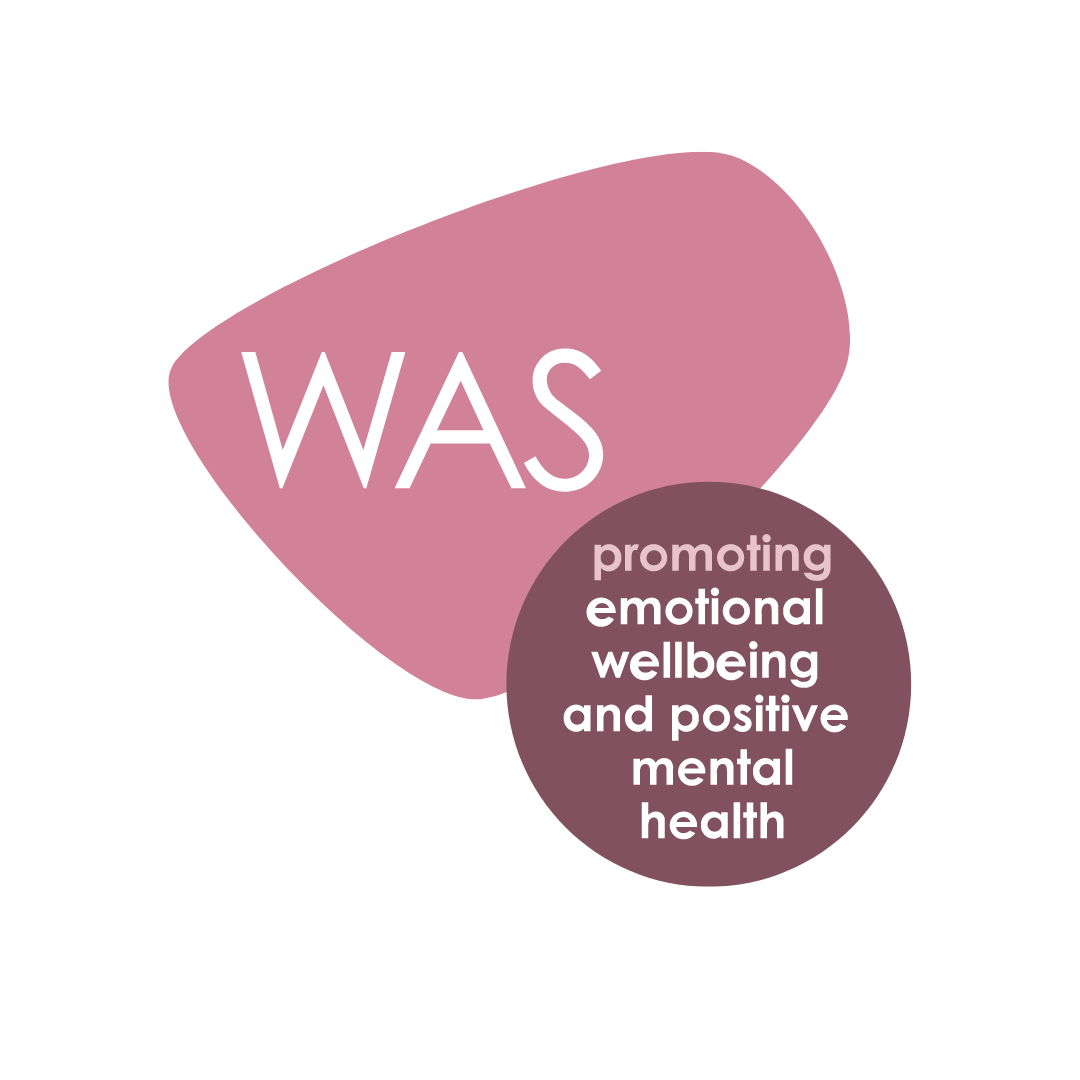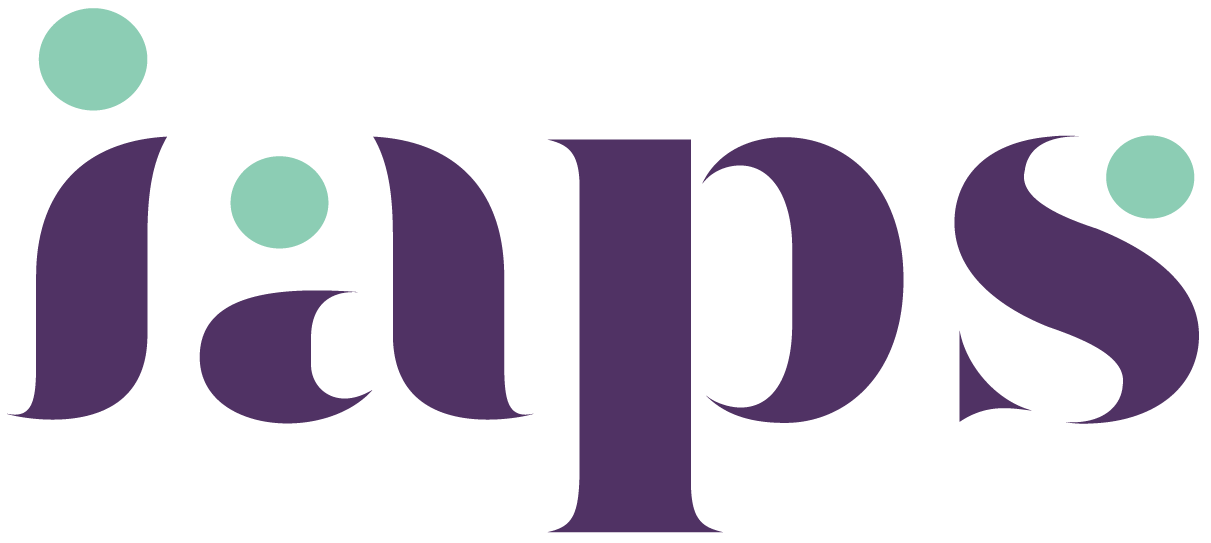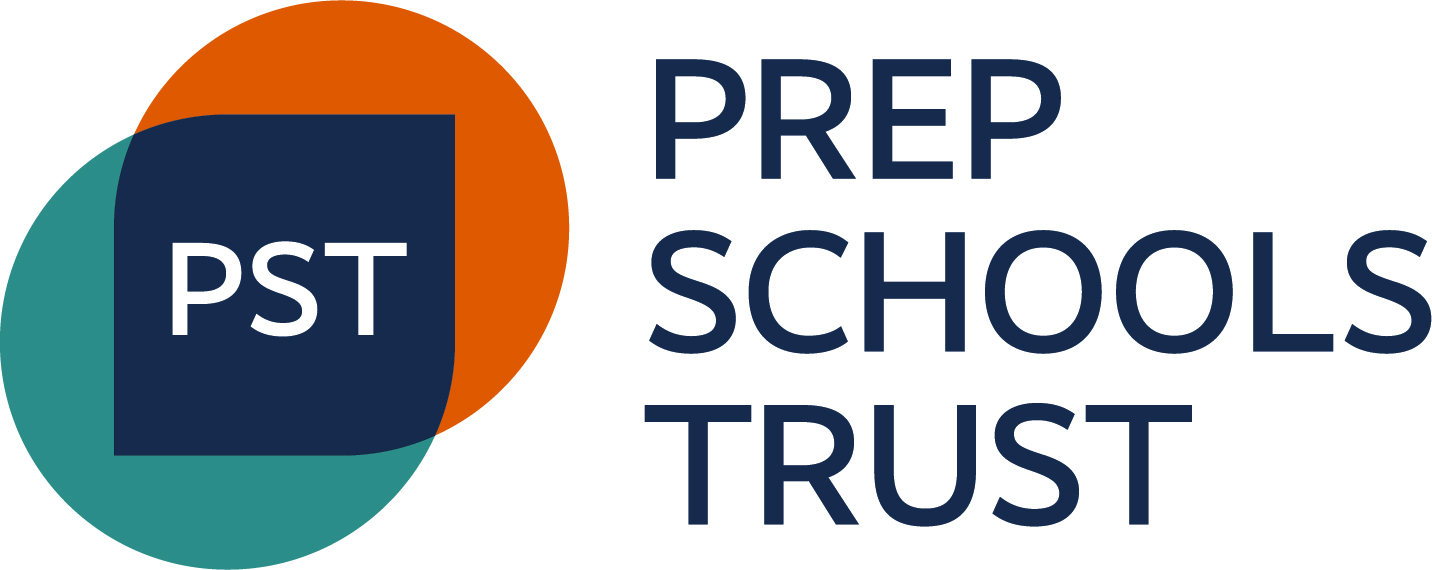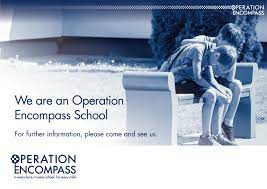Years 1 and 2
A Journey through The Pre-Prep
Pre-Prep offers a gradual transition from the child-centred learning of the Early Years classrooms to a more traditional teacher-led approach, whilst continuing to provide a learning environment and teaching styles that allow for open-ended and independent learning. Our aim in the Pre-Prep is to continue to nurture the child’s character and individual learning styles, motivating them to try new tasks and experiences with confidence. We build on the strengths identified in the Early Years and continue to develop interests and emerging skills.
Building on from Early Years, Pre-Prep pupils are taught by an increasing number of specialist teachers. Music, French, Swimming, Art, Science, IT and Sports teachers take the children for weekly lessons, and they continue to make full use of the superb School facilities for these lessons.
Pre-Prep, and particularly Year 2, prepares the children for increasing independence and aims to develop confidence and readiness for the transition from Year 2 to Year 3, where the children will leave the department and be based within the main part of the school.
With the needs of families taken into close consideration, we offer after-school clubs and an extended day, with activities provided by the Pre-Prep and Early Years staff. This thread of continuity is an important aspect of our ethos. Bearing in mind that many Early Years and Pre-Prep children have older siblings already in the Main School, this wrap-around care allows families to tailor their day and coordinate collection times: both helping families and helping to accustom our younger children to the longer Prep School day.
As with their transition out of Early Years, the pre-prep children experience a gentle progression into the Prep school.
We recognise that the transition from Reception to Year 1 needs to be smooth, to provide continuity and consistency for the children.
Teachers spend time in both phases during key points in the year, to ensure that your child will be well prepared and ready to embark on the next phase of their learning. Our close, nurturing environment across the School ensures that teachers know your child well before they join them in the later years.
All Year 1 and Year 2 classrooms have full-time teachers and teaching assistants. Our class sizes ensure that every child is treated as an individual and receives personalised learning tailored to their own individual needs through an exciting connected curriculum.
Curriculum
Maths
Maths lessons are a key feature of each day, with a variety of techniques and methods used including mental maths,problem-solving, and practical work. We aim to develop your child’s confidence in Maths and to help them reach their full mathematical potential by developing their understanding of their maths studies.
In class, we use a variety of practical resources to help your child develop their mathematical understanding. Once your child has demonstrated a secure understanding of the concepts taught, they are then challenged to answer more advanced questions. These questions may often require two or more processes to be used in order to formulate an answer. Teaching methods and techniques are tailored to individual needs, with differentiated work across the classes.
We encourage children to develop their mathematical fluency, providing them with tools to apply what they have learned to non-routine mathematical problems.
A variety of Maths tests and challenges are carried out over the year to help prepare your child for assessments and introduce them to different styles of questioning.
Across Year 1 and Year 2, we teach:
• Place value
• Addition and subtraction
• Money
• Multiplication and division
• Statistics
• Properties of shape
• Fractions
• Position and direction
• Time
• Mass, capacity and temperature
English
English is a central feature of everyday lessons. We want your child to develop excellent reading, writing and speaking skills and to foster a love of different aspects of English. Our exciting connected curriculum enables this to happen by setting the learning opportunities in real-life contexts.
Developing good reading skills supports all areas of the curriculum. Children read individually with an adult several times a week, looking at a wide range of both fiction and non-fiction texts, progressing through our own reading scheme.
Encouraging a love of reading is recognised as a working partnership between home and school. Children are expected to read daily at home and are encouraged to read a wide range of texts.
Your child will develop their ability to share books and stories by taking home stories each day. Through a structured approach to the early systematic teaching of phonics, children are able to segment and blend words, decoding the texts they are reading. Once early skills, such as decoding and understanding are developed, the emphasis shifts to the use of expression, predicting skills and inference. Your child will be encouraged to talk about the texts they are reading, further developing speaking skills and comprehension.
Children are given opportunities to develop further their listening and speaking skills when working in small groups and with adults. Speaking clearly and confidently is an essential life skill, promoted in all aspects of school life. All children take part in school performances to further develop their ability to speak confidently and with conviction. Children have many opportunities to perform for an audience through drama, concerts and plays throughout the year.
Children in Years 1 and 2 gain skills to write in a variety of different genres such as story writing, poetry, letters, information texts and diary extracts. Writing creatively for a purpose is supported by our connected curriculum and high standards of written English are encouraged across all areas of learning.
Developing good Handwriting and writing habits begin with our youngest children. Solid foundations begin by developing good posture through strong gross motor skills and having regular opportunities to develop fine motor control. In Years 1 and 2 children regularly practise their handwriting skills by learning the different letter families and how these join with horizontal, vertical and diagonal strokes. Children develop a good cursive script and high standards of presentation are expected across the curriculum.
Your child will learn to spell through a variety of teaching methods. Spelling tests take place weekly in Years 1 and 2, with the words sent home beforehand. The key focus is on high-frequency words and phonic spelling patterns.
Good grammar and punctuation skills are consolidated across all areas of work. They are taught both as a part of more general lessons as well as in more specific, direct ways.
The children complete formal written Comprehension regularly as part of English lessons, and when reading to an adult their comprehension of a text is continually assessed through differentiated questioning.
Science
During our weekly Science lessons, we build on prior knowledge and develop scientific thinking, questioning and vocabulary to explain and give reasons for our findings.
We aim to make all Science learning as practical as possible, allowing your child to investigate topics through the use of resources and experimentation.
The teaching and learning of Science in Years 1 and 2 provide your child with the opportunity to explore and investigate the world around them through the use of different scientific skills and techniques including:
• Observation
• The use of scientific equipment
• Identification and classification
• Questioning
• Gathering and interpreting evidence
• Data collection and analysis
Our Science topics through Years 1 and 2 include Materials, Animals, The Human Body, Habitats, and Plants.
French
French is taught once a week to all children, with a specialist teacher.
Lessons include plenty of movement and fun through games, songs, dances and puppetry.
Initially, pupils are introduced to basic topics such as colours, numbers, animals and days of the week. As they move on, children will explore further vocabulary, and have the chance to practise it with one another.
History and Geography
Humanities is a weekly part of the children’s education through history and geography studies. These subjects are taught throughout our topic work and linked to key areas of study. Children enjoy learning about the world around them and how it has changed. A practical, hands-on approach is pursued, often through handling real artefacts and creating experience workshops to bring the subject to life for the child. Their enthusiasm is also stimulated through external visits and school trips.
Your child will learn about who they are and where they come from as they begin to discover the world around them. They make meaningful connections between their experiences and those of others, celebrating similarities and the differences they encounter. Humanities are taught both explicitly, as stand-alone lessons, and interwoven into topic work.
Children begin to research different time periods and ways of living, exploring both their local environment and the wider world around them. Topics draw upon different cultures, allowing the children to understand that people have different beliefs, attitudes, customs and traditions, encouraging understanding and tolerance of other people and their environments.
Humanities is planned to give your child the best understanding of our world, past, present and future, and to allow each child to think about their environment and the world in which they live.
Religious Education
We aim to develop your child’s understanding of Christianity and of other world faiths while encouraging them to begin to develop their own worldview.
Much of our RE learning is taught through the experiences of those in the school community and we welcome visitors in to share about their home celebrations and significant religious events.
We spend time learning about world faiths, focusing on Christianity, Judaism and Islam.
Personal, Social, Health and Economic Education (PSHEE)
We are proud to be a pastorally strong team who aims to develop each child as a whole person. We nurture and develop confident and kind children with the skills necessary to deal with the world around us. Our PSHEE programme is embedded within the curriculum, with our values underlying everything that we do. Positive modelling of behaviours and mindsets is evident, with all members of our school community working together to create the best environment for personal growth. These skills and attributes help children to stay safe; have an awareness and empathy for others; make good choices (online, health-wise, eating, relationships etc.) and prepare them for broader life. PSHEE will help your child to achieve their academic potential as well as to be responsible, engaged citizens.
Computing (ICT)
Interacting with and understanding information technology is an important part of the world our children are growing up in. Consequently, Computing is taught through stand-alone lessons and as part of the general curriculum. The children use a range of hardware and software to support their learning in all curriculum areas, with both Chromebooks and iPads available.
Our staff are trained in the use of digital technology to support learning, including interactive whiteboards in every classroom, visualisers, digital cameras and electronic programmable toys, such as Bee-Bots and recordable talking objects.
Children are taught to understand the basic concept of various technological tools such as computers, whiteboards and cameras and to use touchscreen technology to operate toys or apps. They are encouraged to interact with a simple program, with the support of an adult.
In Years 1 and 2 they hone further IT skills such as: using a search engine to find a specific resource; gathering information from a variety of sources, and creating and deleting items in files, while developing their vocabulary and understanding of computer systems and technology. Year 2 enjoy an ICT lesson with our specialist ICT teacher once a week.
There are exciting opportunities to work on STEM projects where children can further develop their interest in Computing and explore how it will have an impact on them today and in the future.
IT and Internet Safety are key elements of our Computing studies.
Art
The art curriculum provides a creative, inspiring, and hugely enjoyable learning environment where your child can develop their imaginative and artistic skills as part of the connected curriculum. Through art and craft, children develop self-confidence, creative and critical thinking, visual sensitivity and art appreciation as well as increased dexterity and fine motor skills.
Learning is largely topic-based and your child will have the opportunity to look at the work of famous artists, designers and sculptors from different countries and cultures. There are regular art focus days and visits to the school from artists and illustrators as sources of inspiration. Trips out include visits to both local and national art galleries in Newcastle. Your child will have the opportunity to enter art competitions and have their work displayed in the local community. Teaching is skills-based and we explore a vast range of materials and processes, which includes:
• Drawing
• Painting
• Printing
• Collage
• Sculpting (clay work)
• Working with textiles
• Sewing
• Weaving
The display of artwork created in lessons and activities is highly valued and is displayed around the school. Your child will work both individually and co-operatively in groups to create collaborative whole-school artwork.
Woodland Classroom
All the children at Mowden Hall Pre-Preparatory School enjoy regular sessions in the dedicated woodland area within the grounds of the school.
This provides a range of outdoor experiences and adventures that encourage our children to develop as individuals within a safe, secure and inspiring woodland setting.
The child-centred, play-based experiences introduced in the sessions help to nurture resilient, confident and creative learners. Your child’s own thoughts and ideas guide and inspire the activities, providing opportunities to develop their confidence and independence through curiosity and investigation. Our woodland classroom provides the space and freedom to explore using multiple senses and this is key to developing communication, team- building and problem-solving skills.
Working outside allows all the children to be creative and imaginative, encouraging them to explore and investigate nature and develop their own individual strengths through natural exploits and adventures. Our visits to the woodland area encourage your child to care for the environment and to develop a lasting appreciation and love for the natural world.
Learning Enrichment
Our aim is for all our children to reach their learning potential regardless of any physical, emotional or educational need.
We recognise that your child may need additional support for a number of different reasons and the level of assistance required will vary from child to child. The degrees of support are
-
Quality First Inclusive Teaching is available to every child. High-quality, inclusive teaching takes into account the learning needs of all children as part of a broad and rich curriculum.
-
We recognise that there will be children who for different reasons may need extra support in certain areas. To this end, short-term targeted interventions are designed. The responsibility for these interventions may be shared between the class teacher and the Special Educational Needs Co-ordinator. Support may be provided in a one-to-one setting or in small groups.
-
For some children, a more long-term, personalised and specialised provision is required. This can lead to an ISP (individual support plan) or an EHCP (Education, Health and Care Plan). Outside agencies and the local authority are sometimes involved in helping to find the right strategies to support these individual children.
PE and Sport
Your child will have many opportunities to engage in physical activity and games as part of their day-to-day curriculum.
Our indoor Sports Hall and outdoor Sports Fields allow all children to have two PE sessions every week.
PE sessions focus on the development of fundamental movement and physical literacy, promoted through games such as Handball, Dodgeball, Basketball and various Tag games. Creative challenge activities encourage both independent development and teamwork.
The focus of Outdoor Games sessions alternates each term with an emphasis on Football, Tag Rugby, Athletics and Cricket. After-School Clubs in Tennis, Football and Multi-Sports also help the children to widen and develop their skills even further.
Our own, on-site, heated swimming pool allows the children to enjoy weekly swimming lessons, with a specialist teacher.
Music
We recognise that music provides a key opportunity for pupils to develop confidence and resilience, which is why music forms a fundamental part of life.
Class music is taught by a specialist utilising an array of tuned and untuned instruments to maximise learning and to help develop a love and understanding of music in all its forms and styles. Your child will have the opportunity to demonstrate their musical skills at an array of events such as the Harvest and Remembrance Assemblies, the whole-school Christmas Carol Service, and Christmas and Summer Productions.
Children from Year 2 are given the opportunity to learn the piano, violin and guitar with visiting peripatetic teachers and are regularly given the opportunity to perform at instrumental concerts throughout the year as well as in Assemblies.
Clubs, Trips and Extra-curricular
Breakfast club runs before school and after school, and we offer a wide range of extra-curricular clubs and activities after the school day.
Clubs are run by a mixture of school staff and external providers and we encourage all children to take part, where they can.
Clubs include a variety of indoor and outdoor activities such as Art, Cookery, Multi-Sports, STEM, woodwork, pottery and multi-sports.
We actively pursue opportunities to supplement and enhance your child’s learning experience by organising regular outings for the children in the school. Each year group will organise outings across the year, with a mixture of local trips using public transport and further afield outings in the school minibuses or coach.
After school care is available each day until 6pm.
Making Progress
All of the children’s progress is carefully tracked through both weekly teacher observations as well as periodic standardised assessments that ensure their individual learning journeys can be carefully planned to ensure they are all heading in the right direction. You will be invited to two formal parent-teacher meetings over the year and will receive two formal written reports. However we operate an open door policy and should you wish to see us at any other time, we would be more than happy to arrange an appointment.
